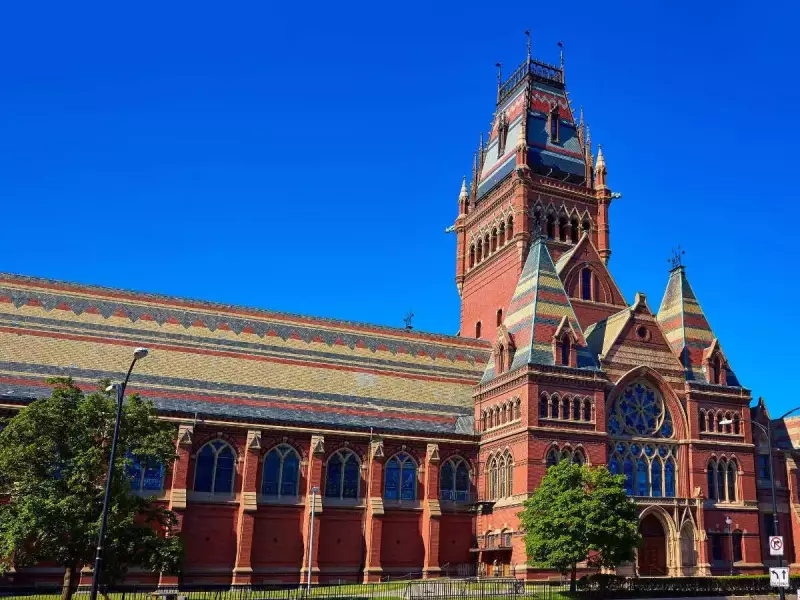
America's prestigious Ivy League institutions are facing an unprecedented academic crisis, and Harvard University stands at the epicentre of this growing concern. Recent data reveals a startling truth about the state of higher education in the United States - academic standards are crumbling under the weight of rampant grade inflation.
The Shocking Numbers Behind Harvard's A-Grade Epidemic
According to comprehensive data analysis, Harvard College awarded A's to a staggering 79% of all undergraduate grades in the 2020-2021 academic year. This represents a dramatic increase from just a decade earlier, painting a concerning picture of declining academic rigor at one of the world's most renowned educational institutions.
What's Driving This Academic Grade Inflation?
Several factors contribute to this worrying trend:
- Student pressure and mental health concerns: Universities are increasingly prioritizing student satisfaction over academic rigor
- Competitive job market: Students fear that lower grades will disadvantage them in fierce employment competitions
- Financial considerations: With skyrocketing tuition fees, students and parents expect higher returns on their educational investments
- Faculty reluctance: Professors often avoid difficult conversations about academic performance
The Broader Implications for American Higher Education
Harvard's situation isn't an isolated case. This pattern of grade inflation reflects a systemic problem across American universities. When nearly every student receives top marks, the value of those grades diminishes significantly, creating multiple challenges:
- Employer skepticism: Companies can no longer trust academic transcripts as reliable indicators of student capability
- Reduced learning motivation: Students have less incentive to push themselves academically when high grades are guaranteed
- Global competitiveness concerns: American graduates may struggle against international peers from more rigorous academic systems
- Credibility crisis: The reputation of American higher education suffers when standards appear compromised
Historical Context: How Did We Get Here?
The trend toward grade inflation isn't new. Data shows consistent grade elevation since the 1960s, with acceleration occurring in recent decades. In the 1950s, the average GPA at Harvard was approximately 2.55 (C+). Today, it stands closer to 3.8 (A-), representing a fundamental shift in academic assessment philosophy.
Potential Solutions and the Road Ahead
Addressing this complex issue requires multi-faceted approaches:
Institutional reforms: Universities must implement clearer grading standards and provide better faculty training on assessment consistency.
Transparency initiatives: Some institutions are considering adding context to transcripts, showing how individual grades compare to class averages.
Cultural shift: A broader conversation about the purpose of grades and their role in genuine learning assessment is urgently needed.
The Harvard grade inflation phenomenon serves as a wake-up call for American higher education. Without meaningful intervention, the very credibility of the US academic system hangs in the balance, potentially undermining the global standing of American universities and the value of their degrees.





